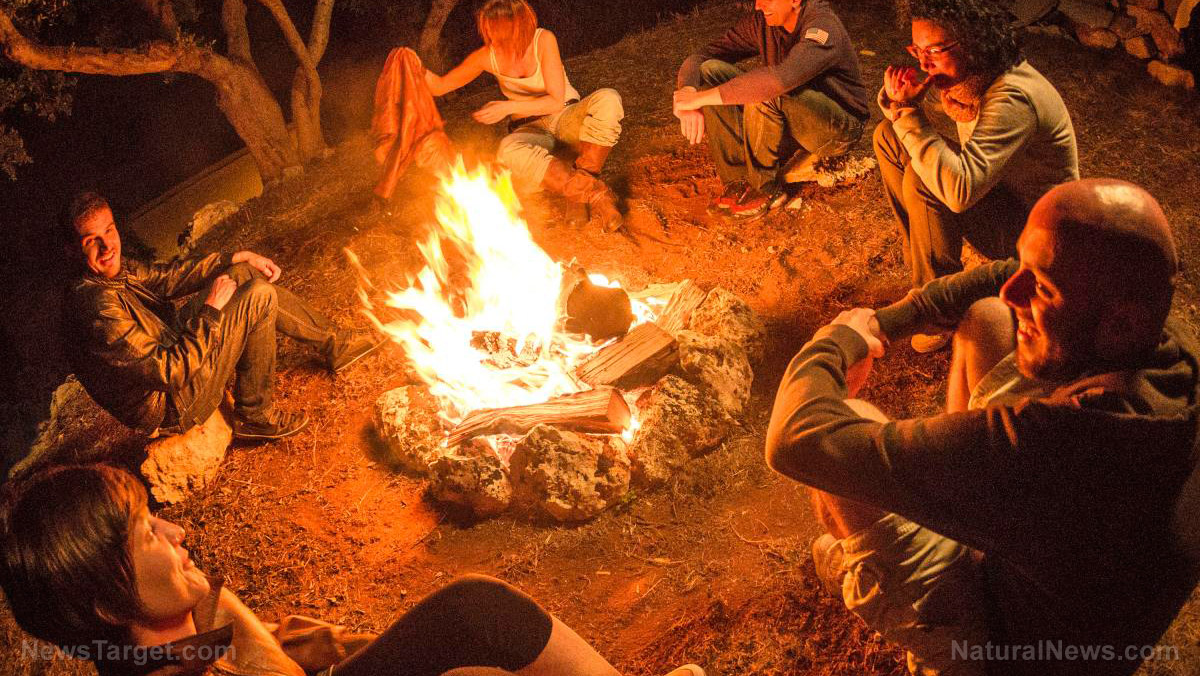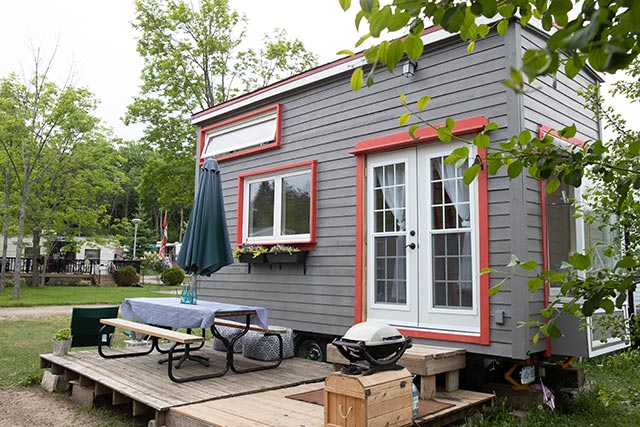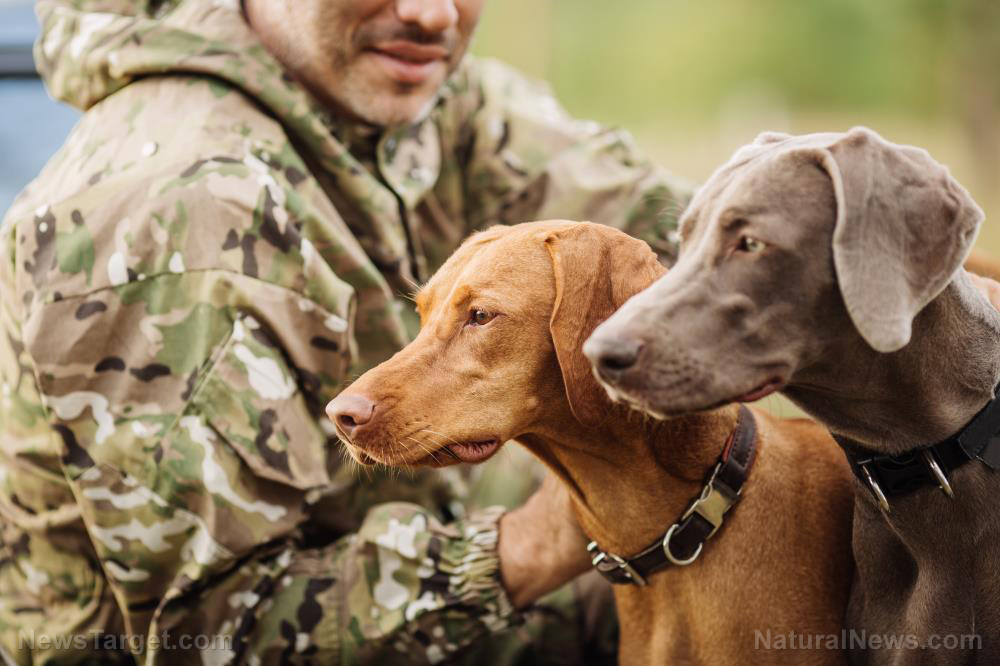Should you go at it alone or rely on strength in numbers? Scenarios for surviving a disaster
06/23/2019 / By Zoey Sky

Your survival stockpile is ready, you have detailed plans for bugging out, and your gear is packed and ready to go. But when SHTF, would you be a lone wolf or would you join a survival group? (h/t to GrayWolfSurvival.com)
Unlike in the movies, trying to survive on your own when disaster strikes isn’t cool (nor practical). It could be incredibly difficult, especially if you lack any real-world application of your survival skills.
This isn’t to say that self-sufficiency isn’t important when SHTF. It’s helpful to know how to purify water for instance, but it would be much easier to have someone help you with your task.
Here are some reasons why it may be better to be a part of a survival group instead of bugging out on your own.
Improved security
When SHTF and you’re on your own, it would be difficult to protect your supplies from looters. But if you’re bugging in with your family or close friends, you can all work together to keep your headquarters fortified.
If your bug-out shelter is in a large area, you can only monitor a limited section of your property. With a survival group, you would have an easier time spreading out and watching over a large perimeter.
Division of labor
No matter how young and able-bodied you are, you would to get tired if you don’t have anyone else to help you.
If you set up camp with a group of like-minded individuals, you could all cooperate to accomplish as many tasks as possible. Being part of a group also allows you to make use of each other’s unique talents and abilities, especially ones that may be in demand when SHTF, like skills in medicine or outdoor survival. (Related: Forging neighborhood relationships and alliances may be the only way to survive when SHTF.)
Even in a group of civilians, you would have the manpower needed to address various survival needs like food, water, shelter, and communication. Finding resources like food and water would take up a lot of time, but with a survival group, it would be easier to gather supplies or scout large areas.
Being a part of a survival group would make it easier to defend your home or bug-out location. Having other members could also ease the strain of certain tasks since you could give the rest of your group a chance to recuperate by taking turns. It would also be easier to carry all of your supplies and gear if you need to evacuate.
Working with a group would also improve the condition of a shelter or the taste of the food in your camp. These little things could make a big difference, especially when riding out a long-term disaster scenario.
Morale and camaraderie
You must consider your mental capacity to deal with a long-term survival on your own. Stress can be hard to bear if you don’t have a friendly face to talk to.
With a group, simply knowing that someone would be there to help you could do wonders for your morale.
Surviving alone vs. thriving with allies
You can choose to survive on your own, but at what cost to your morale? Would you be fine with spending every hour of every day looking over your shoulder because you don’t have anyone else to help you defend your headquarters?
With a trusted survival group, you could assign members to security and defense while others could set up camp and the rest could hunt and forage for food. Once you’d fortified your defenses and secured your supplies, in time, your group would have the time and resources to improve your current survival situation.
When SHTF, don’t be a lone wolf. Gather a group of trustworthy people and make the necessary preparations together so you could help each other out as you face whatever disaster comes your way.
Sources include:
Tagged Under: bug in, bug out, bug out shelter, Collapse, disaster, division of labor, emergency, morale, off grid, preparedness, prepping, security, self-defense, SHTF, survival, survival group, survival shelter, survival skills, wilderness survival
RECENT NEWS & ARTICLES
SHTF.News is a fact-based public education website published by SHTF News Features, LLC.
All content copyright © 2018 by SHTF News Features, LLC.
Contact Us with Tips or Corrections
All trademarks, registered trademarks and servicemarks mentioned on this site are the property of their respective owners.



















